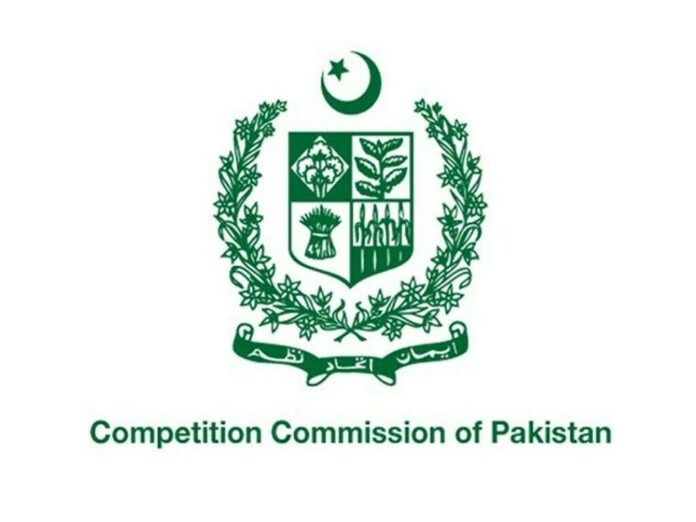ISLAMABAD: The proposed merger of Telenor Pakistan with Pakistan Telecommunication Company Limited (PTCL) and its subsidiary Ufone appears to be at a standstill, as the Competition Commission of Pakistan (CCP) has raised serious concerns over incomplete disclosures, questionable pricing structures, and doubts about the financial viability of the deal.
According to sources in PTCL, the CCP has written to PTCL and Ufone pointing out multiple shortcomings in the information submitted regarding the merger and related-party transactions. The regulator observed that critical data remained missing, vague, or lacking comparability with the practices of competing telecom operators such as Jazz, CMPak (Zong), and Telenor itself.
The gaps, the commission suggested, make it impossible to evaluate whether the proposed merger complies with fair market competition standards.
One of the most striking deficiencies highlighted by the CCP was in the disclosure of international direct dialing (IDD) outgoing data. PTCL reportedly failed to provide exact volumes, unit rates, and comparative charges applied to Ufone and other telecom companies between 2022 and 2024. This absence of precise figures raises questions about whether Ufone is being given preferential treatment.
Similarly, in the case of colocation revenues, PTCL only disclosed per-site rates for Ufone but withheld essential details such as the number of sites, the specific rates charged to competing operators, and the terms and conditions applied to each agreement. Without such information, the commission argued, the data cannot be used to assess whether PTCL’s dealings are non-discriminatory.
The CCP further noted that disclosures related to IP bandwidth and domestic private leased circuits (DPLC) also lacked transparency. While PTCL provided per-Mbps rates for Ufone, the data for competing operators was presented only in the form of averages, making it difficult to perform a meaningful comparison.
In several instances, PTCL was seen offering Ufone discounted pricing under the justification of volume and location, yet no proper cost basis was provided to validate those discounts. The commission underlined that there was no clarity on whether the internal transfer charges applied between PTCL and Ufone reflected cost-based or prevailing market principles, raising concerns of potential cross-subsidization.
Beyond technical data gaps, the CCP also raised red flags regarding the financial plan underpinning the merger. PTCL, despite submitting a business plan earlier this year, has not provided details on how it intends to finance heavy capital expenditures, including network modernization and the looming 5G spectrum auction.
Both PTCL and Ufone are currently incurring substantial losses, and the regulator questioned how the merged entity could realistically achieve profitability without fresh injections of capital. The CCP specifically asked whether Etisalat, PTCL’s parent company, intends to inject equity to stabilize the financial position of the merged business or whether the group plans to depend on further borrowing from commercial banks.
Adding to the regulator’s frustration, PTCL’s responses were repeatedly described as generic and evasive. Instead of providing exact figures and clear justifications, PTCL’s submissions often referred back to annexures already deemed inadequate.
“We are not able to confirm compliance with the principle of arm’s length transactions from the information provided,” the CCP remarked in its letter, adding that it reserved the right to draw adverse inferences if the missing information was not supplied.
Industry insiders say the CCP’s pointed queries have not only slowed down the approval process but have also cast a long shadow over the credibility of the proposed deal. The PTCL–Telenor merger, once billed as a transformative step in reshaping Pakistan’s telecom sector, has already been delayed for several months.
Observers believe that unless PTCL demonstrates far greater transparency, provides complete data, and presents a convincing financial roadmap, the merger could face prolonged regulatory scrutiny or even risk derailment.





Excellent Bold And Pricipled Base Objections And Demad Inquiries from *PTCL BY CCP REGULATOR TO PROTECT COSUMERS FROM THESE KINDS OF BIG MONOPOLY PLAYER OF UAE-EITISALAT TELECOM WHICH WAS GIVEN UNFARE ADVANTAGEES IN THE PAST BY PPP GOVT.- CCP SHOULD PROTECT PAKISTANIS FROM THIS ARAB MAFIAS TAKEOVERS BY BLACKMAILING GOVT. MAFIAS??**..